
Cataract is a disorder which affect the eye membrane which can cause blurry vision and in some cases total vision loss. The most common treatment for cataract is a surgery. In general, the cataract surgery is a safe procedure and the patients can go home the same day. The doctor will take away the cloudy lens which has been affected with cataract and replace it with an artificial one. The artificial lens is placed into the lens capsule. The patient's vision becomes clear after the procedure.
In rare cases there are complications after the surgery. The most frequent complication is a posterior capsule opacity or also known as secondary cataract. This complication causes cloudy vision because the part of the lens capsule which supports the artificial lens becomes blurry. The patient's vision may be even worse than it was before the surgery. The posterior capsule opacity is not a severe complication and your doctor will perform a simple procedure, usually with laser, to remove the complication. The laser procedure includes eye dilatation with eye drops (in some cases the doctor will use anti inflammatory drops) and the laser elimination of the part of the capsule that was blurry. The patient will not feel any pain during or after the procedure. The vision should improve after only one day but in some cases the patient will have completely clear vision after several weeks.
The patient can develop another complication such as dislocated lens. In case of dislocated lens, the patient can see the border of the implanted lens or have double vision. The lens can become dislocated if the membrane of the capsule ruptures or the capsule itself can be dislocated because of the weak fibers that keep it in the right place. In order to repair the eye the doctor will have to perform another surgery. It is important for the patient to seek medical help as soon as the complications start because immediate action can provide the best outcome in repairing the damage.
The other complications after the cataract surgery can be infections, swellings, and pressure in the eye, hanging eyelid, sensitivity to light or loss of vision. Most of the complications can be treated with medications and they will heal in time. Fortunately vision loss is extremely rare complication which is caused by bleeding inside the eye. The complication such as retinal detachment can appear several months or even years after the surgery. The patient must visit the doctor in order to receive the proper treatment.




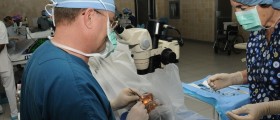



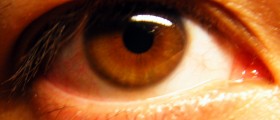
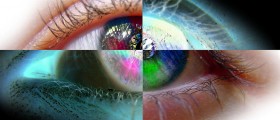
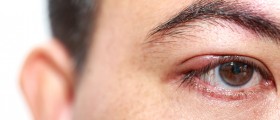
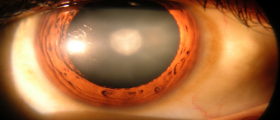
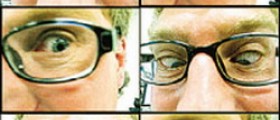



Your thoughts on this
Loading...